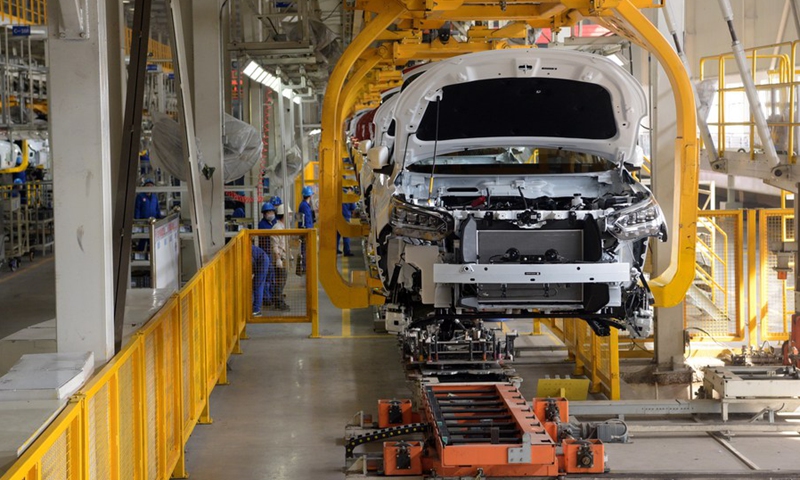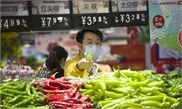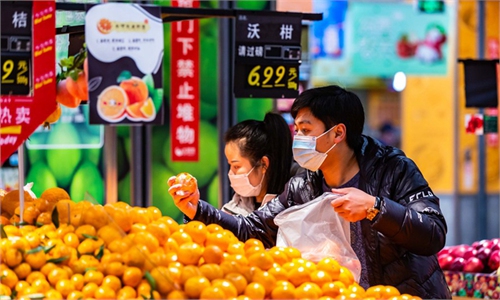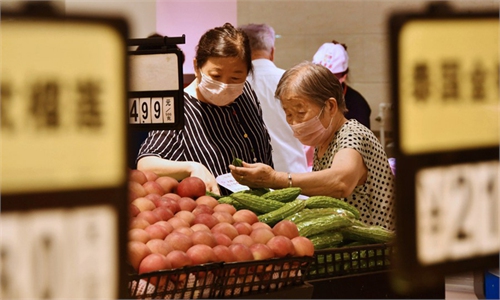
Workers work on the assembly line at a factory of vehicle manufacturer BYD Auto in Xi'an, northwest China's Shaanxi Province, Feb. 25, 2020.(Photo: Xinhua)
China's producer price index (PPI) hit a 13-year high in August, as bulk commodity prices continue to rise amid a global economic recovery and national initiatives aimed at reducing energy consumption.
According to data released by the National Bureau of Statistics (NBS) on Thursday, the PPI rose 9.5 percent year-on-year in August, up 0.5 percentage points from July. It's the highest since September 2008.
Affected by the soaring price of coal, chemical products and steel, the country's PPI continues to expand in August, according to Dong Lijuan, a senior statistician with the NBS.
According to the NBS, major industries - including ferrous metals mining, petroleum and natural gas exploration, and coal mining and processing - in addition to chemical raw materials and manufacturing, reported price rise between 21.8 and 57.1 percent year-on-year. Together, they drove up the PPI by 7.9 percentage points, accounting for more than 80 percent of the overall growth rate.
Li Changan, professor of the Academy of China Open Economy Studies at the University of International Business and Economics, attributed high factory prices to the transmission of international bulk commodity price rise resulting from the US' excessively loose monetary policy, as well as a surge in demand for commodities in a number of economies along with fast economic recovery in the wake of the COVID-19.
The country's "dual controls" - initiatives to reduce energy consumption and energy intensity also have also had an impact on coke, steel and other operations reliant on bulk commodities across the country.
Li told the Global Times on Thursday that the country's PPI may slightly ease over the rest of 2021 given a series of measures rolled by the central government to ensure the supply of commodities and maintain price stability.
In May, the State Council, the country's cabinet, decided to raise export tariffs on certain iron and steel products, temporarily exempt tariffs on pig iron and scrap steel, and cancel export tax rebates for some steel products, to increase supply in the domestic market.
"If the PPI remains high, the authorities may take fiscal and monetary measures, for example, creating a comparatively relax monetary environment, to further relieve smaller enterprises' pressure," Li said.
Despite higher factory prices, the country's consumer price index (CPI) remained steady in August. The figure rose 0.8 percent year-on-year, edging down 0.2 percentage points from the previous month.
Due to a joint effect of sporadic case spikes and extreme weather, the prices of eggs and edible plant oil rose 15.9 percent and 9.4 percent year-on-year, respectively. The prices of air tickets and accommodation down 31.6 percent and 2.8 percent, respectively, according to the NBS.
Global Times



